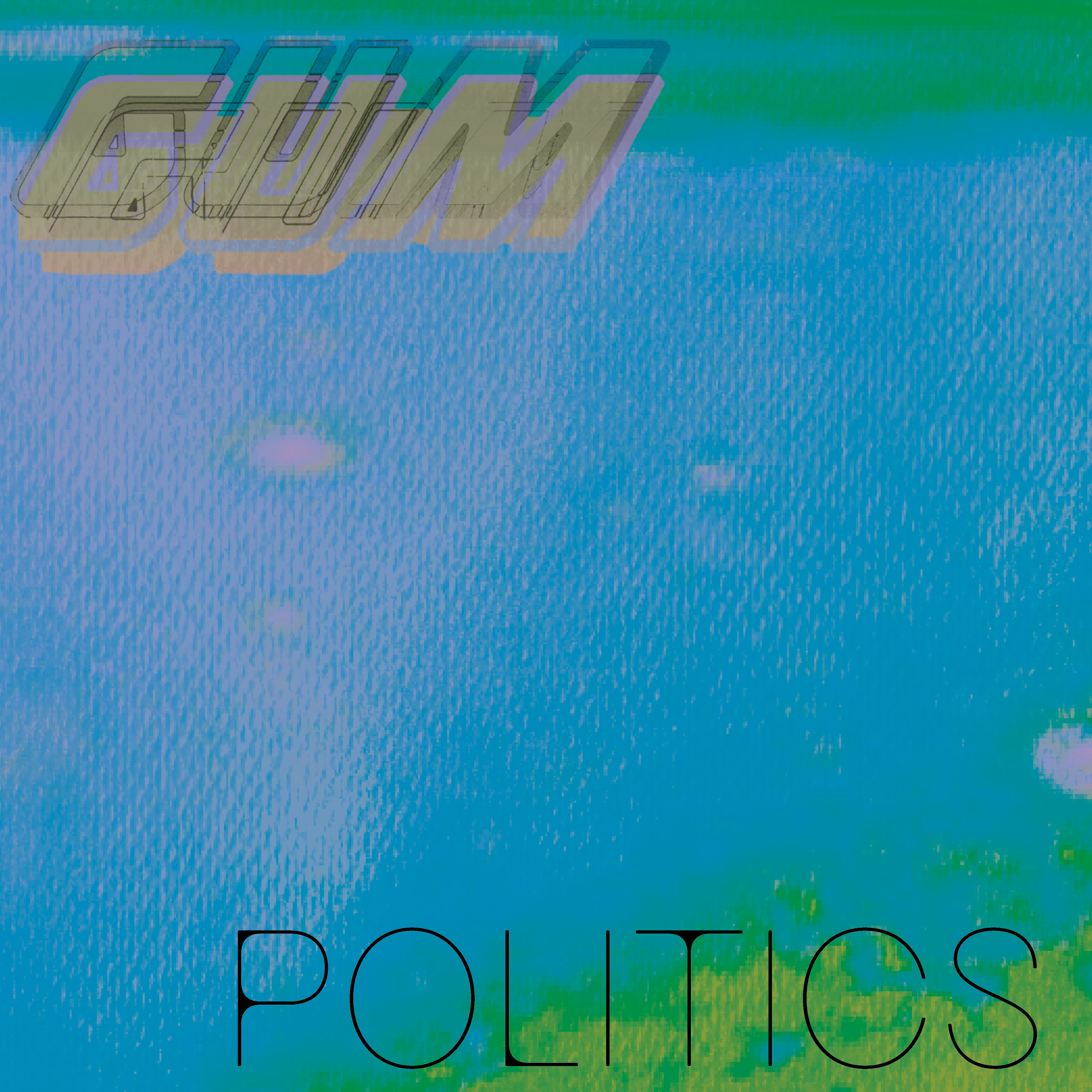Words: Adina-Diana Pop (She/Her)
What happens when those in charge of making voices all over the world heard, purposefully underdeliver? When journalism is no longer objective, and vital stories concerning humanitarian injustices are being misrepresented, what does that leave the rest of the world with? Where does the truth lie?
As of seven days ago, the death toll in Palestine has surpassed 29,092 civilians in the wake of Israel’s continuous carpet-bombing retaliation to the unprecedented attack that the militant group Hamas launched against it on the 7th of October 2023.
‘You have been witnessing a genocide through your screens since October 2023, please do not become desensitized to it’. Variations of this sentiment have been circulating on social media, particularly Instagram and X, often finding its way onto banners urging people to continue fighting for the freedom of Palestinians. This phrase also stands testament to an embryonic model of society becoming starker by the day: social media is morphing into a potent avenue through which the oppressed can broadcast their resistance against detrimental political systems, while addressing the misinformation spread by Western journalism.
Could this slowly become the future of conflict coverage?
The question comes after many noticed the biased language used by a wide variety of major press outlets in the UK and US in their coverage of the ongoing war on Gaza. A quantitative analysis by The Intercept shows that The New York Times, Washington Post, and Los Angeles Times all displayed continuous bias against Palestinians in favour of supporting capitalist agendas of politics.
The actions of the press fail readers who have a right to know the non-discriminatory truth, and victims who are directly affected by the ongoing siege. They disregard the intricate, yet fair, journalistic duty of presenting cold facts while being aware of the complexities of a situation and speaking about it impartially. Although not an unheard-of shortfall on the part of the press, considering the smell of propaganda that still lingers in the air, the internet community is not allowing for these mistakes to go by unnoticed this time around, and it is actively protesting by boosting the news made available online by on the ground journalists in Palestine, instead.
Reporting on social media, however, came as a last resort to getting information out, and the content that the regular cybercitizen (netizen) distributes comes from journalists who rely on the inherent influence of social media to reach broader audiences and show the unfiltered nature of what is happening in Palestine right now.
Social media platforms have ensured an effective and incredibly wide reach in audiences, the scale of which likely surpasses that of the print press. The masses have been mobilised, and the internet community has been participating in forms of soft activism too. From engaging in dialogue with strangers and going to marches, to posting authentic Palestinian music and recipes to keep the culture alive, the uplifting social media consumer is fighting back by advocating for a return to harmony and compassion amongst individuals, while simultaneously pressing for a ceasefire and an ethical distribution of the news. Netizens are also encouraging people to do their own research, to question mediatized narratives and rigorously educate themselves on humanitarian matters so that they can discern fake from accurate news. This activist movement can only serve to bring about a healthy dose of scepticism and criticality to those who engage with it now that the Western media is pushing for borderless, hierarchical divisions between people.
Sadly, though, the platforms have also been used to vilify Palestinian stories, incite antisemitic violence, islamophobia, and anti-Palestinian racism. Tamara Kharroub wrote for the Arab Centre Washington DC that: ‘There are concerns about the rise in antisemitic content online spreading conspiracy theories and justifying violence against Jewish people around the world, while calls to kill all Palestinians and flatten Gaza as well as other dehumanising and genocidal language roam freely on social media.’ This phenomenon has undoubtedly brewed hostility amongst individuals and brought upon a decrease in the ability to fact-check content due to accounts that spread information at a speed that is hard to keep up with.
As indicated, not all is well on social media, but it never will be. The toxicity sits alongside the healthy, and the two are permanently in conversation. Nevertheless, social media provides oppressed people with the chance to broadcast their raw, unfiltered experiences, in a time when those in power bury them. Its innovative elements show that there are many new pathways for future broadcasting, and a surge in creativity around it is bound to happen. Socials have proved to benefit independent papers that are just starting out and aren’t promoted by the mainstream media, too.
We are looking at an age of journalistic innovation that comes with many highs and equally as many lows. One that needs to develop and be regulated to work at its best, yet one that ultimately shows those in power that people will not rest until justice is achieved.

